NAMA calls for urgent end to 50% revenue cut

The Nigerian Airspace Management Agency has appealed to the Federal Government to suspend the 50 per cent revenue deduction currently being made at source from its internally generated revenue, a practice capable of hindering smooth operations of the agency and hampering the safety of air passengers.
Before now, NAMA has been calling for the suspension of the mandatory 50 per cent deduction from its revenue, emphasising the need for the placement and modernisation of ageing navigational equipment currently in use across the country.
Speaking at the 54th Annual General Meeting of the Nigerian Air Traffic Controllers Association held in Abuja on Tuesday, the Managing Director of NAMA, Ahmed Farouk, mentioned funding as the agency’s most pressing challenge, insisting that the deductions significantly constrain its ability to maintain and upgrade critical infrastructure required for safe and efficient airspace management and operations
Farouk stated, “The most significant constraint we face today is funding. This challenge is significantly exacerbated by the deductions-at-source of between 30 per cent and 50 per cent from NAMA’s internally generated revenue. While we understand the fiscal realities facing the government, these deductions are hindering our ability to execute vital projects.”
The NAMA boss added that the nature of its operations, particularly the need for continuous facility modernisation and statutory maintenance, demands consistent investment.
He argued that withholding half of its earnings leaves little room for reinvestment into the systems that uphold airspace safety and efficiency.
It further appealed to the government to consider granting a waiver on the deductions, describing such a move as a game-changer for the aviation sector.
According to the agency, should the waiver be granted to the agency, NAMA will rechannel the resources into critical infrastructure, modern technology, and workforce development.
He said, “The Honourable Minister, distinguished ladies and gentlemen, while we celebrate these achievements, we must also be candid about our challenges. Our most significant constraint remains funding. The scale of facility modernisation and the relentless cycle of statutory maintenance required to uphold the highest degree of safety and operational efficiency are capital-intensive.
“This challenge is significantly exacerbated by the deductions-at-source of between 30% and 50% made directly from NAMA’s internally generated revenue. While we understand the fiscal pressures on the government, these deductions severely limit our capacity to undertake the comprehensive projects our airspace demands.
“Therefore, from this esteemed platform, I wish to make a heartfelt appeal to the Federal Government to graciously consider a waiver of these deductions. Such a gesture would be a game-changer for Nigerian aviation safety. It would allow NAMA to reinvest every Naira of its earnings into critical infrastructure, cutting-edge technology, and the continued development of our human capital, the very ‘Human Edge’ we are here to discuss.”
NAMA also expressed its commitment to supporting the welfare and professional growth of its personnel, especially Air Traffic Controllers, whom it described as the custodians of Nigerian skies.
The agency pledged to remain a custodian of their growth and well-being and expressed hope that ongoing stakeholder deliberations would result in productive outcomes and guide future collaborations.


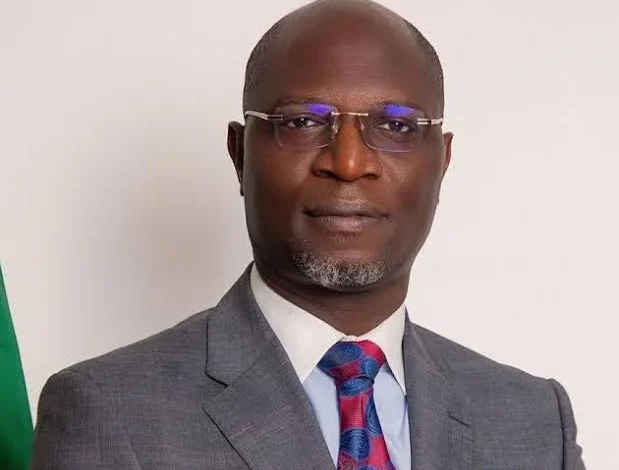
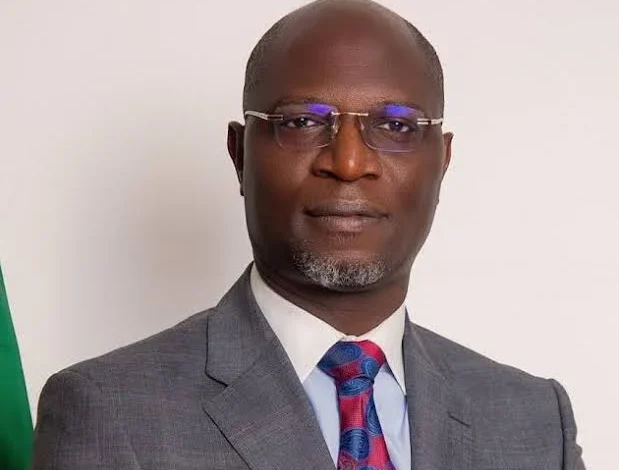
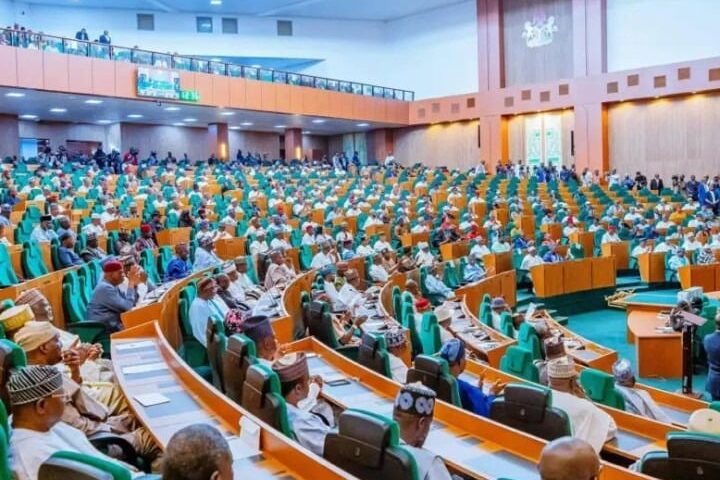
 The House of Representatives on Tuesday resolved to intervene in the recent face-off between members of the Petroleum and Natural Gas Senior Staff Association of Nigeria and the Dangote Refinery, which had disrupted petroleum product distribution nationwide.
The House of Representatives on Tuesday resolved to intervene in the recent face-off between members of the Petroleum and Natural Gas Senior Staff Association of Nigeria and the Dangote Refinery, which had disrupted petroleum product distribution nationwide.
 The Nigerian insurance industry has recorded a 49.3 per cent growth in Gross Premium Written to N1.21tn at the end of the second quarter of 2025.
The Nigerian insurance industry has recorded a 49.3 per cent growth in Gross Premium Written to N1.21tn at the end of the second quarter of 2025.
 The Nigerian Airspace Management Agency has appealed to the Federal Government to suspend the 50 per cent revenue deduction currently being made at source from its internally generated revenue, a practice capable of hindering smooth operations of the agency and hampering the safety of air passengers.
The Nigerian Airspace Management Agency has appealed to the Federal Government to suspend the 50 per cent revenue deduction currently being made at source from its internally generated revenue, a practice capable of hindering smooth operations of the agency and hampering the safety of air passengers.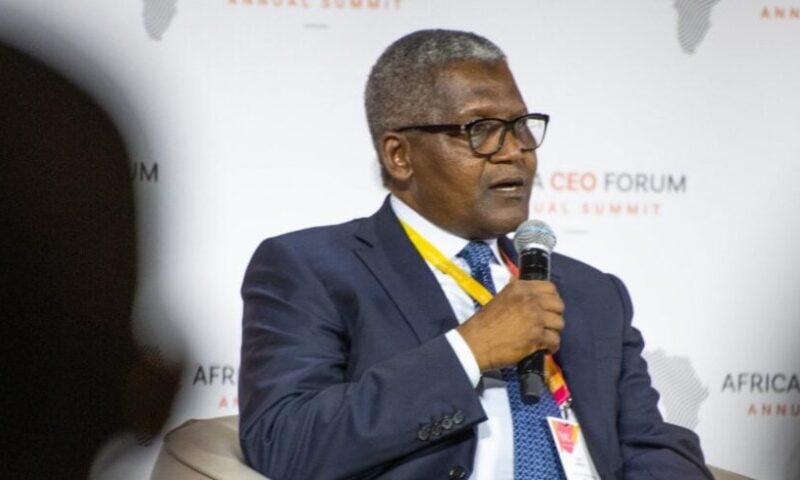
 The President of the Dangote Group, Aliko Dangote, has said there are plans to expand the Dangote oil refinery from the 650,000 capacity to 1.4 million barrels per day, the largest in the world.
The President of the Dangote Group, Aliko Dangote, has said there are plans to expand the Dangote oil refinery from the 650,000 capacity to 1.4 million barrels per day, the largest in the world.
 Fidelity Bank Plc, a leading financial institution, recently hosted a debate competition for female secondary school students as part of its activities to mark the 2025 International Day of the Girl Child.
Fidelity Bank Plc, a leading financial institution, recently hosted a debate competition for female secondary school students as part of its activities to mark the 2025 International Day of the Girl Child.
 Power generation companies have said that discussions with the Federal Government on the N4tn power sector legacy debt are still ongoing.
Power generation companies have said that discussions with the Federal Government on the N4tn power sector legacy debt are still ongoing.

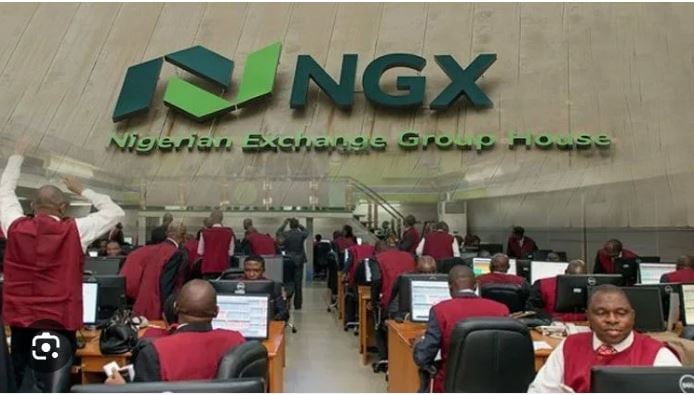
 The Nigerian Exchange opened the week on a positive note as investors recorded a gain of N611bn, driven largely by price appreciation in industrial stocks, particularly BUA Cement, and renewed investor interest in select mid-cap equities.
The Nigerian Exchange opened the week on a positive note as investors recorded a gain of N611bn, driven largely by price appreciation in industrial stocks, particularly BUA Cement, and renewed investor interest in select mid-cap equities.